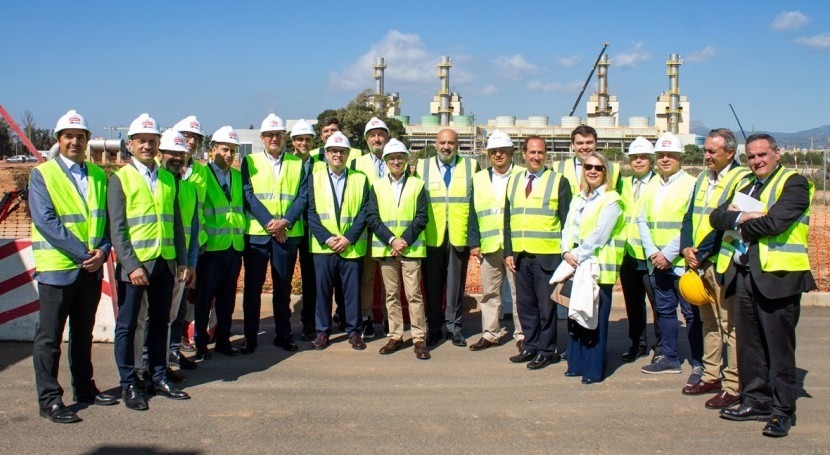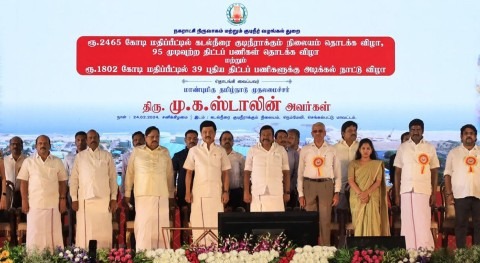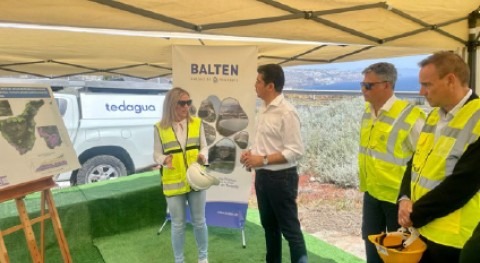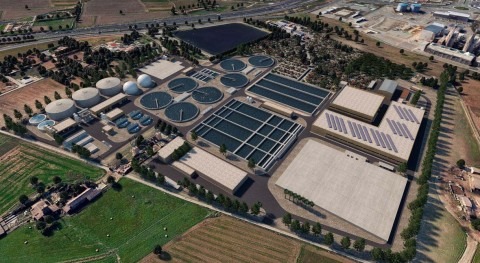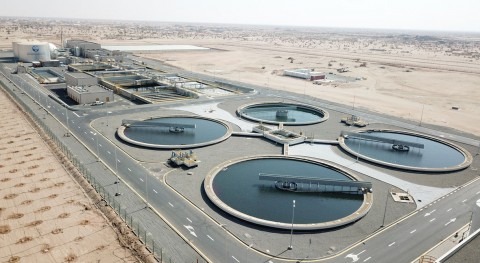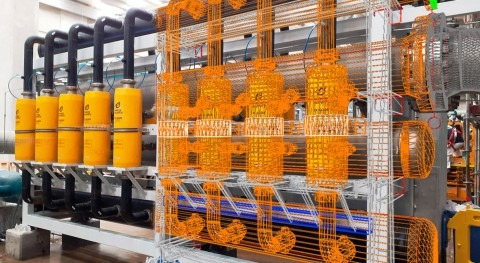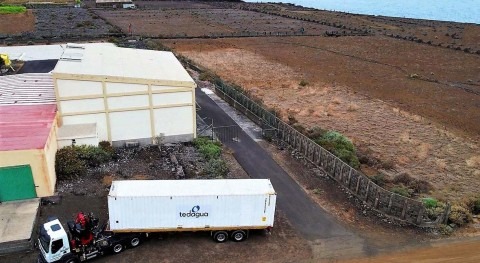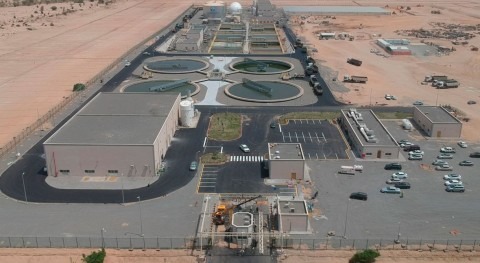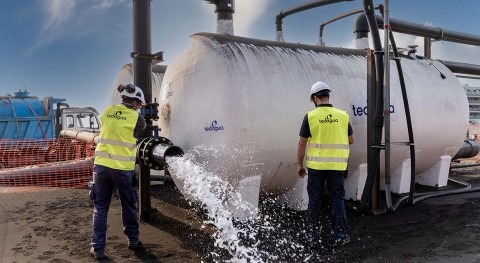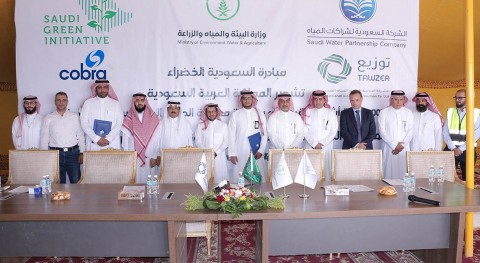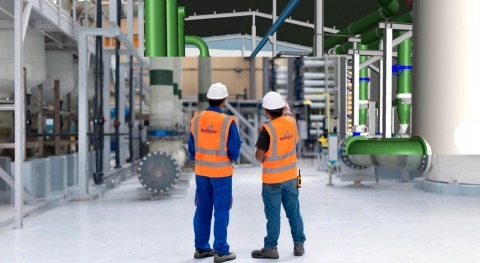Today, the Secretary of State for the Environment, Hugo Morán, visited one of the most significant water purification and treatment projects at the national level, which will be a fundamental infrastructure for the island of Palma de Mallorca, the Palma II WWTP. The project, awarded by ACUAES, involves the remodeling and expansion of the treatment capacity of the current plant to serve one million equivalent inhabitants and will be executed by Tedagua, as the leader of the consortium formed with Lantania and Copasa.
Currently, the WWTP collects wastewater from the main basin of the city of Palma de Mallorca, the municipality of Marratxí, and the industrial estates in the area. The remodeling includes the construction of a new pretreatment system with a capacity of 30,000 m3/h, as well as a biological treatment with nutrient removal (nitrogen and phosphorus), tertiary treatment allowing water reuse for irrigation and municipal purposes such as street cleaning and gardens, and a sludge treatment to improve their energy recovery.
Accompanying the Secretary of State for the Environment were the Government Delegate in the Balearic Islands, Alfonso Rodríguez; the Mayor of Palma de Mallorca, Jaime Martínez; the president of EMAYA, Llorenç Bauzá; the manager of EMAYA, Lorenzo Morey; the CEO of ACUAES, María Rosa Cobo; the Minister of the Sea and Water Cycle of the Balearic Government, Juan Manuel Lafuente; the Director General of Water Resources, Juan Bartolomé Calafat, as well as representatives of the project's Management Committee, led by Tedagua.
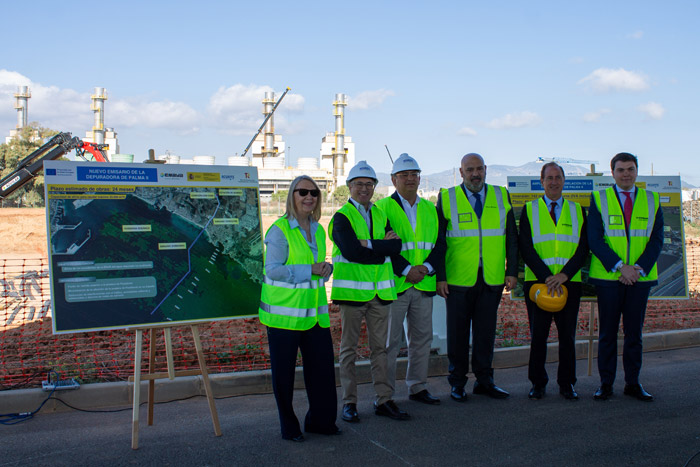
During the event, Secretary of State Hugo Morán highlighted the implementation of a state-of-the-art plant that meets sustainable development goals in terms of purification. He also praised the efforts of all administrations and the consortium.
Mayor Jaime Martínez commented on the necessity of this project for the island's development and how it resolves the region's purification problem.
The remodeling and expansion of the WWTP will be key to meeting the wastewater treatment needs of Palma de Mallorca, managing rainwater in the area, and improving the quality of regenerated water for use in irrigation. The execution of the works will contribute to the fight against climate change and the sustainable development goals of the Agenda 2030.


